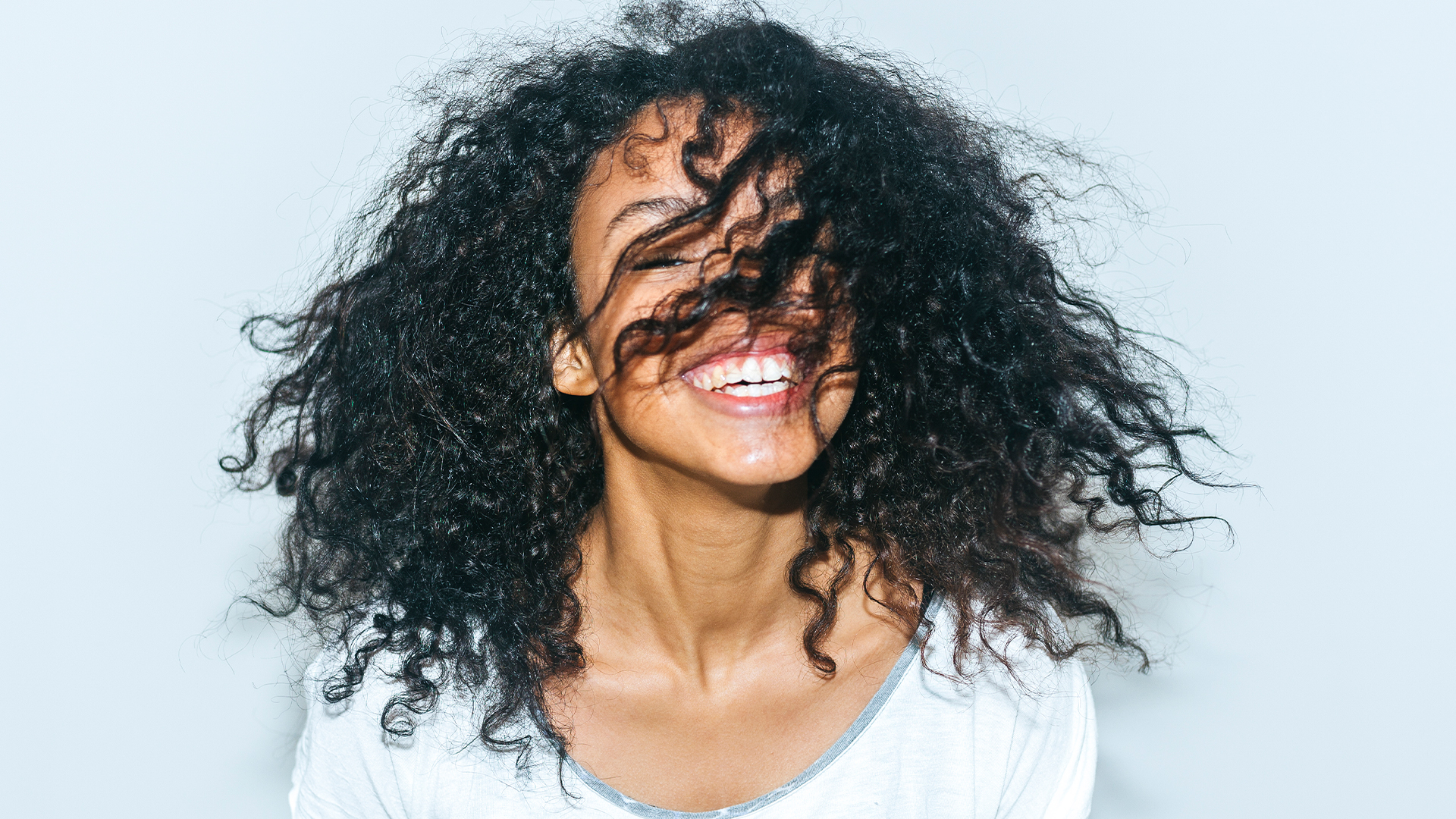Halo Code: The UK's first Afro hair code has launched to end discrimination
All natural hairstyles will be protected under the Halo Code.

The Halo Code is making huge strides towards ending hair discrimination in the UK.
Aside from Covid-19, 2020 will be remembered for the Black Lives Matter movement, which has planted seeds for change around the world. Already considered the largest ever movement in US history, Black Lives Matter has inspired education on race issues and a new generation of UK activists.
Founded by 30 young Black activists from social justice group The Advocacy Academy , the Halo Collective is currently making headlines by championing all Afro hairstyles.
What is the Halo Code?
The Hair Code is the first initiative of its kind in the UK - and globally. It will involve a pledge, signed by schools and businesses, that promises members of the Black community that they have the "freedom and security to wear all afro-hairstyles without restriction or judgment". This includes any child who wishes to wear their hair however they choose to in school.
What is hair discrimination?
While it's hard to imagine being judged for the way your hair looks at school or work, it remains something that many people in the Black community have to contend with.
Race-based hair discrimination has been illegal in the UK since the Equalities Act became law in 2010, but it is still a regular occurrence.
According to research from World Afro Day and De Montfort University, 58% of Black students have experienced name-calling or uncomfortable questions about their hair at school.
Sign up to our free daily email for the latest royal and entertainment news, interesting opinion, expert advice on styling and beauty trends, and no-nonsense guides to the health and wellness questions you want answered.
A further 1 in 5 Black women feel societal pressure to straighten their hair for work.
Katiann Rocha, the 16-year-old co-founder of the Halo Code, described how her hair had been called "messy", "unkempt" and "wild" on BBC Radio 1 Newsbeat.
"The Halo Code will allow for black people to be fully accepted in an environment that celebrates their natural hair and styles, because we've been discriminated against it for so long."
How the hair industry has responded
In recent years, the hair industry has got the memo about embracing all hair textures. Consquently, the catwalk has become more democratic with models such as Lineisy Montero and Adwoa Aboah showcasing Afro, flat-top and defined curls.
Afro hair has also become a huge economic driver in the beauty industry, leading to a revival of the trend for diffusers or consumers Googling the best hairdryers for curly hair.
"More and more black consumers are moving away from heat straightening and chemically relaxing their hair, and are embracing their true texture," says Vernon Francois, hairstylist to Lupita Nyong'O and Kerry Washington.
With this new approach comes an increase in demand for products. In the UK alone, the black hair industry is worth an estimated £88 million, with black women spending six times more on hair care than their white counterparts.
Unilever UK, parent company of Dove, has become the first employer to adopt the Halo Code, with more schools and companies to be announced in the coming weeks.
Here's to ending hair discrimination once and for all.
Fiona Embleton is an award-winning beauty director with over 15 years of industry experience and has held staff positions on Stylist, Marie Claire, Cosmopolitan and Glamour. She covers all aspects of the beauty industry and specialises in long-read features, fragrance and skincare.